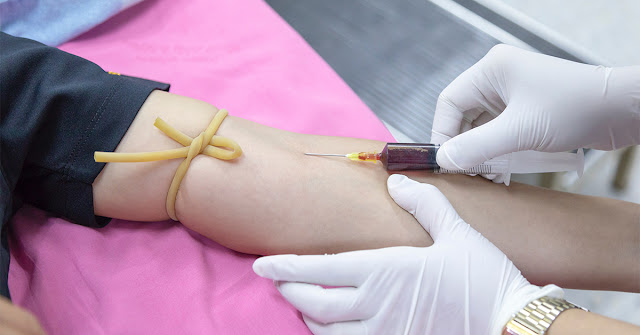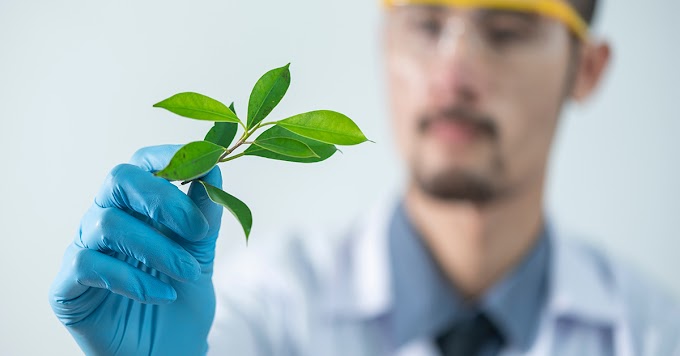At the time of
diagnosis, most people with insulin dependent (Type 1) diabetes are severely lacking in insulin.
Lack of insulin can lead to:
>> Increasing blood
sugar.
>> Sugar in the
urine.
>> Thirst and
frequent urination.
>> Ketones in the
urine.
>> Loss of
consciousness.
 |
| What Happens to the Body When You Get Diabetes? |
Increasing blood sugar.
Without insulin,
sugar cannot enter the body's cells. There are no insulin keys to open the cell
door for the sugar to enter. Sugar stays in the bloodstream. At the same time,
the liver releases even more sugar into the bloodstream. The end result is that
sugar accumulates in the blood. Blood sugar levels can easily increase beyond 20 mmol/l.
High blood sugar
levels will make you feel very tired. You will become thirsty and urinate
frequently. You may lose weight that includes muscle. You become more
susceptible to bacterial or fungal infections. Without treatment, even more
serious complications can develop.
Sugar in the urine.
When the blood
sugar level rises beyond about 10 mmol/l, some sugar will appear in the urine. Think about our model of
a pond to understand how this happens. In this analogy, the blood sugar that
reaches the urine is like water that spills over the top of the dam when the
water level is too high.
Urine forms in the
kidneys when blood is filtered. Waste products pass out of the body with the
urine. Valuable substances, such as sugar, normally stay in the bloodstream.
There is a limit to how much sugar the kidneys can save. This limit is called
the renal threshold. The exact limit differs from person to person. When the
blood sugar exceeds the limit, some sugar will be lost in the urine along with
lots of water.
Thirst and frequent urination.
As you lose sugar
and water:
>> you will have to
urinate more frequently
>> you will feel
thirsty and drink a lot
>> you may lose
weight
>> you may feel faint
when you stand up
If you are unable
to drink enough water to prevent becoming dehydrated, you may become very sick.
The body is able to wash away some of the high blood sugar in the excess urine.
If the body is unable to flush away the excess sugar in the urine, then the
blood sugar can rise to extremely high levels. Blood sugars at these levels are
a serious and immediate risk to your health.
Ketones in the urine.
The fat tissue in
your body can be used as a fuel if your organs are not getting enough sugar.
Though the blood sugars may be very high, the muscles and other organs are not
using the sugar if the insulin level is not enough. Burning fat too rapidly in
the absence of insulin will produce ketones. Ketones will also build up in the
bloodstream and spill into the urine.
Some ketones are
acid substances. These are harmful to your body when they form in large
amounts. You exhale some of the acid by breathing more deeply and more
frequently. When this happens, your breath may have the slightly fruity smell
of ketones.
Loss of consciousness.
If you are
suffering from a severe lack of insulin or are seriously ill with another condition
and do not receive adequate treatment, you can develop a life-threatening
condition called ketoacidosis. This is caused by a dangerous rise in the levels
of sugar, ketones and acid. You will feel sick, and will probably vomit. Your
cheeks may flush and you may be breathing hard. Diabetic coma can result
without prompt and appropriate treatment. Diabetic ketoacidosis requires
immediate treatment with fluids and insulin.
Also read:






0 Comments